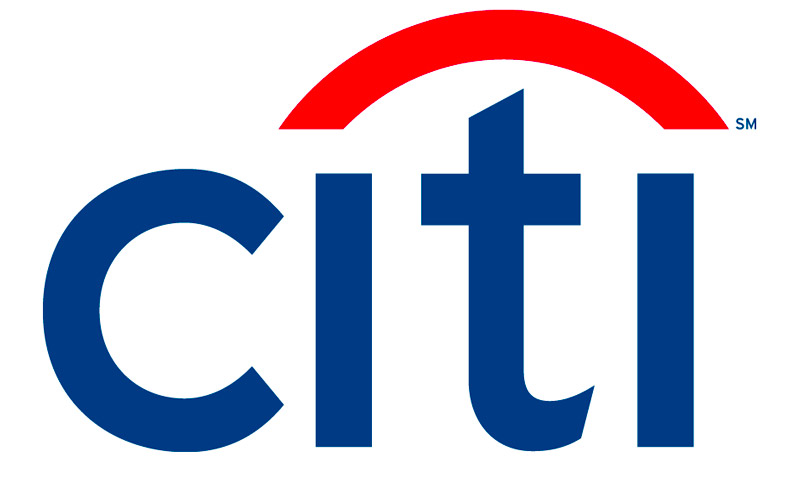|
NJ Advocates Host Multi-City Event Urging Humane Policy Interventions to Address Homelessness 4/22/2024 In a few months, the U.S. Supreme Court will hand down a decision on whether cities can punish people experiencing homelessness with tickets and fines, even when the city does not have shelter for them. Advocates in New Jersey joined national partners today in urging state and federal legislators to act now to protect the rights of unhoused individuals with events in Trenton and Newark. “Criminalization is not a solution to homelessness, it is a punishment for being poor,” said Connie Mercer, executive director, NJ Coalition to End Homelessness. “Homelessness in America is at its highest level on record, people cannot afford skyrocketing rent and many are unable to find a shelter bed. This is sad but it is not a crime.” In Grants Pass v. Johnson, a federal judge and Ninth Circuit panel struck down an anti-camping ordinance enacted in Grants Pass, Oregon. Because the city did not have adequate shelter, the courts held that an ordinance to arrest or ticket people for sleeping outside when they have no other safe place to go violates the U.S. Constitution’s Eight Amendment, which prohibits cruel and unusual punishment. The Supreme Court will now review the case and a previous decision of the U.S. Court of Appeals for the Ninth Circuit, which held in Martin v. Boise that cities cannot punish people experiencing homelessness for violating anti-camping ordinances if there are no available shelter beds in the community. "A ruling of this kind would make it more difficult for people to exit homelessness and punish people for existing in a country that has failed to ensure that everyone has a safe place to sleep, said Barret Young, chief operating officer, Rescue Mission of Trenton. "This would exacerbate, not end homelessness." Housing advocates instead point to an approach proven to be most effective in addressing homelessness, providing access to affordable homes and voluntary supportive services, including case management, healthcare, and behavioral health services. Advocates are urging state and federal investments to expand rental assistance and emergency rental assistance to help people stay safe and stably housed. There is also a need to ensure that emergency shelters are low-barrier and safe, strengthen renter protections and creating eviction diversion programs to “NJ needs to continue to expand housing security, stability and affordability so that fewer people become homeless. This is a solvable problem - we need homes not handcuffs,” said Staci Berger, president and chief executive officer of the Housing and Community Development Network of NJ. “No matter what the decision the Supreme Court hands down, our public officials can invest in emergency rental assistance, eviction and foreclosure diversion and right to counsel programs. Housing is a human right, and we should be doing everything in our power to make sure we keep people safely housed, not creating a pipeline to prison for people experiencing homelessness.” “We’re grateful to have had so many partners come out today to call attention to this critical issue and proud to partner with cities like Newark, leading the way toward ending homelessness, said Richard Uniacke, president, Bridges Outreach. “The voices of lived experience today should serve as a rallying cry for all. Housing, not handcuffs.” "We don't have to wait for the justices to make their decision," said Luis Ulerio, director, City of Newark Office of Homeless Services. "We can solve this issue now and protect the lives of our most vulnerable. In Newark, we stand with our neighbors experiencing homelessness and believe that it is possible for everyone to have a place to rest every night. The City of Newark can show you how to respond to homelessness: collaboration, innovation, and compassion." "Communities can make the right investment not only for people to have a better life but also for our communities to become stronger and more diverse,” said Diane Riley, executive director, Supportive Housing Association of NJ. In NJ, there are only 30 affordable rental homes available for every 100 extremely low-income households, and someone working full time would need to earn $33.50 an hour to afford a modest two-bedroom apartment – well above the minimum wage. According to the National Low-Income Housing Coalition report, The Gap: A Shortage of Affordable Homes, 74 percent of extremely low-income renters in New Jersey are severely housing cost-burdened, spending more than 50 percent of their income on housing, with little left over for food, healthcare, and other basic necessities. About the Housing and Community Development Network of NJ |













